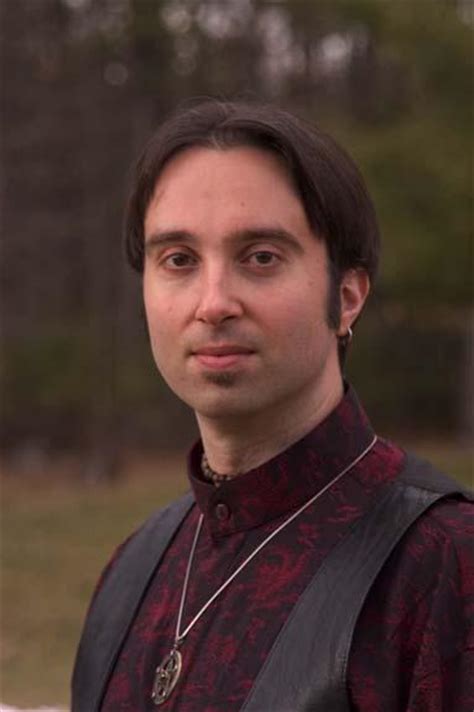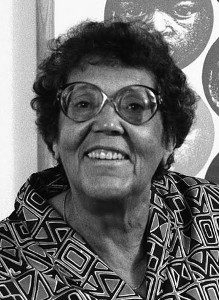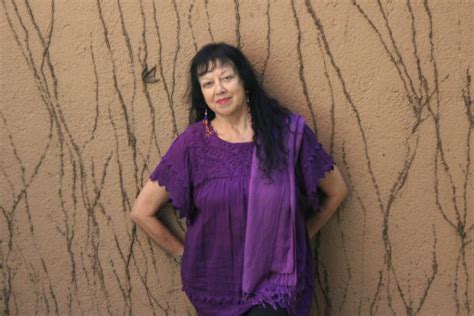A Quote by Huston Smith
It's often difficult for us to act compassionately, but sacred art eases the difficulty by ennobling us.
Quote Topics
Related Quotes
O most sacred, most loving heart of Jesus, thou art concealed in the Holy Eucharist, and thou beatest for us still.... Thou art the heart of the Most High made man.... Thy Sacred Heart is the instrument and organ of Thy love. It did beat for us. It yearned for us. It ached for our salvation. It was on fire through zeal, that the glory of God might be manifested in and by us.... In worshipping thee I worship my incarnate God, my Emmanuel
I don't think poetry needs to be "easily understandable." First of all, there are often complexities of syntax, form, unfamiliar absences, etc., that require a deeper concentration than is usually demanded of us. So that, right off the bat, is a little difficult. Then there is the deeper issue of what poetry is really asking of us. I feel it is asking us to read with great, even sacred, care and attention. That, too, is difficult. It requires discipline and the creation of a temporary zone of privacy, which is inimical to our current conditions of life.
It was about finding the sacred within myself, my center, my peaceful core. We each have a sacred space within us, a part of us. This sacred space is a temple, a temple to our inner power, our intuition, and our connection with the divine. Discovery of psychic powers, spells, and meditation are all things that lead us to the temple. They help us find the road within and walk our path to the inner temple.
Life is sacred. Life is art. Life is sacred art. The art of sacred living means being a holy actor, acting from the soul rather than the ego. The soul is out of space and time and hence always available, an ever-present potential of our being. It is up to each of us to celebrate and to actualize our being and to turn each meal, conversation, outfit, letter, and so on, into art. Every mundane activity is an opportunity for full authentic self-expression. The soul is our artistic self, our capacity for transforming every dimension of our lives into art and theater.
Adversity is a severe instructor, set over us by one who knows us better than we do ourselves, as he loves us better too. He that wrestles with us strengthens our nerves and sharpens our skill. Our antagonist is our helper. This conflict with difficulty makes us acquainted with our object, and compels us to consider it in all its relations. It will not suffer us to be superficial.






































